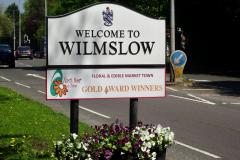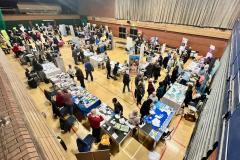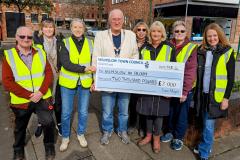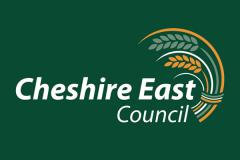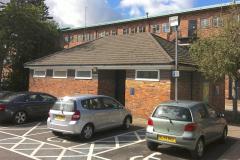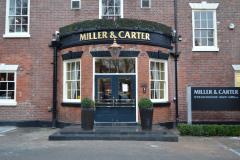Promotional Feature
Responding to music brings great joy to babies and can also help pre- schoolers communicate their emotions.
Professional musician Sarah Langdon from Little Notes shares her ideas on helping your child create music:
"In his first 6 months, it'll be great fun to sing his sounds back to him. Why not put his oo's and ah's to the tune of a well known nursery rhyme and watch his face light up as together you compose your first hit song!
As your child reaches the end of her first year, she loves to reach out and explore rhythm. Turn your kitchen utensils into a junk-band, perhaps not going straight for the saucepans: they are bound to be too loud for your little ones sensitive hearing and are guaranteed to drive you mad! Find objects that explore different colours: plastic or cardboard boxes can be a great sounding board for wooden spoons. Why not see if your child notices the difference if you some paint brushes instead? Try a couple of nicely rounded dessert spoons played together, they can sound better than a lot of cheap instruments.
Babies love to jam along to your favourite music (your love for it is contagious!): so why not join in too? At our music sessions we listen to jazz, classical, pop, world and folk music. As you both tap the beat, your little one will enhance their own sense of pulse, which is a bonus at this age as it comes in handy for both crawling and walking.
Entering his second year, he may really start to enjoy joining in with favourite nursery rhymes and songs: possibly those with a twist at the end, such as "5 little monkeys" or "5 fat sausages", which will amuse your little one no end. It's amazing to remember that children will often sing in sentences before they speak in sentences, as the rise and fall of the melody, along with the rhythm, help to recall patterns. Towards the end of the second year he may start to change the words, trying his hand at song-writing. To aid this, try to equip your child with highly repetitive songs, where he just needs to change one or two words to make it his own eg if your happy and you know it.
Your child in her third year is ready to explore high and low, fast and slow. You can help during playtime: teddy can jump high and low and move fast and slow (and is much lighter than your child to move around!). She can take the lead by playing homemade shakers up high in the air and down low, perhaps even following the rise and fall of your voice. Try giving character to musical ideas: moving like a mouse to fast music or a spaceman to slow music. Perhaps one of you could play a drum and the other move. Why not introduce trying to stop when the music stops: this will not only bring a moments peace, but will also enable your child to grow into someone who listens well (and which parent doesn't hope for that?).
Your pre-school age child will sometimes hum or sing her own tunes: this is emergent song-writing and is a lovely, creative time for your child. Don't feel you have to join in (although they might love it if you do!). Enjoy listening and praise her for the lovely sound she is making and the ideas she's had. You could continue to explore this creativity by drawing or painting to music: again, your favourite tracks would be great, or hire CD's from the library. If your child enjoys role-play, she'll love creating stories "in character" to music. We've enjoyed exploring Holst's "The planets" as astronaut's or Haydn's "Bear Symphony" as a bear climbing and swimming. There's so much music to discover: you could even add simple props such as scarves or bubbles to enhance the drama.
All this fun continues as your child begins his reception year at school. He'll also be exploring tuned percussion: maintaining trickier beats and singing heartily to an array of wonderful songs. He will be ready and confident to step ahead into a lifetime's journey of exploring music."
Take things a step further and let your child be inspired by professional musicians every week. Come along to Little Notes: music sessions from birth to school. Classes start at the Heritage Centre, Roe Street, Macclesfield on Tuesday 19th January and St John's Church Rooms, Knutsford Road, Wilmslow on Wednesday 20th January. See www.littlenotes.co.uk to find out more or contact Sarah on 01625 326 623.




